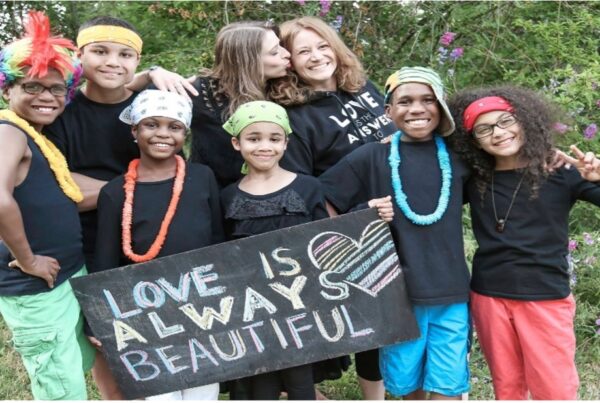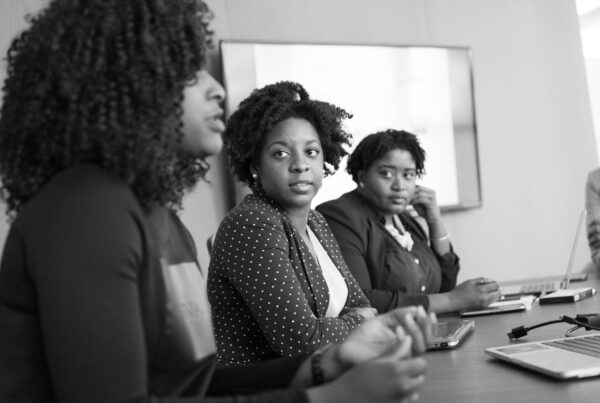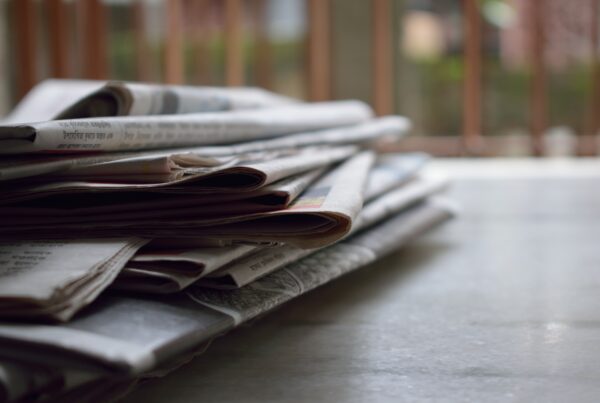I have spent several decades working in arena of ‘Diversity and Inclusion’ and as a result I’ve seen both lumped in the same sentence, all too often as buzzwords or talking shops. What people don’t often talk about is that they are two very different things. Diversity is about the ‘what’, it focuses on the makeup of a workforce. Inclusion is about the ‘how’, the creation of a diverse work environment and culture that allows all employees to participate and thrive. An important word that’s often missing from this conversation completely is the ‘why’, which is representation.
Diversity is being invited to the party. Inclusivity is being asked to dance. Vernā Myers
If we take Verna’s analogy as our metaphor, then representation is hosting the party. Representation is more than just being offered a ‘seat at the table’ (which often looks and feels like tokenism), it’s about the table being inclusively comprised of diverse people who are a true representation of society.
Representation matters because it shapes how we as minorities are viewed by society, how we view ourselves and the contribution we make to society. Equity is also an overlooked word that is so important because it’s about the quality of being fair and impartial which should be a human right for all.
Growing up as a British Caribbean girl, I rarely saw people who looked like me on-screen, teaching at my school or working in high-profile positions. Thankfully, my parents were my role models and as they achieved their own individual successes as pioneers, they painted me a picture what minority success, black excellence and representation looked like. When I entered in to modelling as one of the very few black models on the books, it was partly to actively fill the void of representation myself.
Every day, the media tells us that the most successful, balanced, and progressive people in the world are white. As black women, we are often portrayed as (or, as we see with Meghan Markle, Michelle Obama and Serena Williams, to name just a few, reported by the media as) sassy, or aggressive. The bigger picture is that when we go out into the world, the lack of positive representation in the media and the lack of any representation in industry, makes coping with intersectionality and coping with the thousands of macro and micro aggressions we encounter even harder.
It’s a matter of unconscious or conscious bias. So, women in industry struggle to be recognised or taken seriously, and the Black and Brown community are judged when we apply for jobs, schools, seek work in high powered positions and even just walk down the street. Representation in the media would mean that the majority see that there is more to us than stereotypes. Representation in the workplace and in general, helps society to see minority groups as real people with real value and ability.
For minority employee, who looks to the executive team or managerial positions throughout institutionalised organisations and doesn’t see representation, it sends a message that moving up into advanced positions is not a possibility for them. On the other hand, when we look high-achievers and see themselves represented, it communicates that there are viable opportunities for us. Representation means that minority groups would finally be able to see ourselves in all our multicultural glory. This year is the fourth annual Baton Awards and I designed it specifically to celebrate the intersections of minority ethnic women from the past, present and future for this exact reason.
When a minority female flies the flag in the face of adversity, it opens up doors for marginalised groups to have more than just a conversation. Representation allows the next generation to strive for better and makes the possibility of a proper chance of being seen, a reality. It provides all with the courage to go for that promotion or become a leader in their industry, because they were inspired to go beyond what they thought was realistic for them. It’s not just about ‘diversity for diversity’s sake’, it’s about mental health, identity, and creating a better world.
For example, research shows that having female representation in politics across all intersections of race, sexual orientation, and socioeconomic status, has tangible effects on the health and functioning of a democracy. It makes sense in a democracy that diverse representatives need to be elected in order for everyone to feel heard and spoken for at a national level. Yet, parliament clearly does not represent the nation as of the 220 women elected in Parliament, only 12 are black and 25 are ethnic minority females.
Statistics like these are damaging to our young people as they further perpetuate the idea that their skin colour determines their job prospects, so the rhetoric that is drummed into the ears of young black girls is that they have to “work twice as hard to get to get half as good”. It’s unacceptable that we have no choice but to still teach our daughters to accept this dire state of affairs, encouraging them to make the change and work harder in response as the doors stay locked.
Now more than ever it is important to recognise women from diverse backgrounds who are enacting change in their fields. When more progressive connections are met in the workplace or otherwise, the majority’s vision of who they think certain groups are and what they represent, will be less alien and more human; less obstructive and more inclusive.
It is incredibly important to realise that representation needs to shift to include more diverse voices and stories because it is hugely impactful on society as a whole. We have to stand together from every corner of the planet and empower one another’s efforts in a bid to show the world what we are made of. Join me today and nominate a phenomenal ethnic minority woman for a Baton Award 2021, as we seek to change the world by shaking up the status quo and creating real representation.



